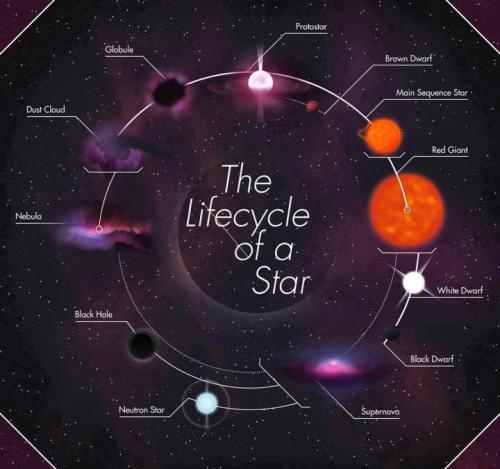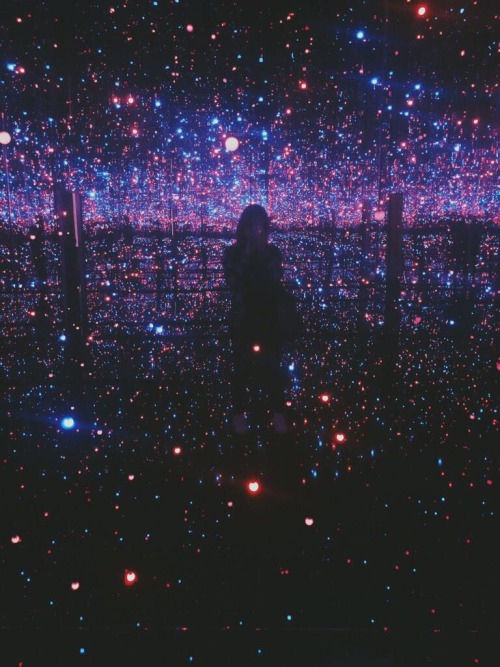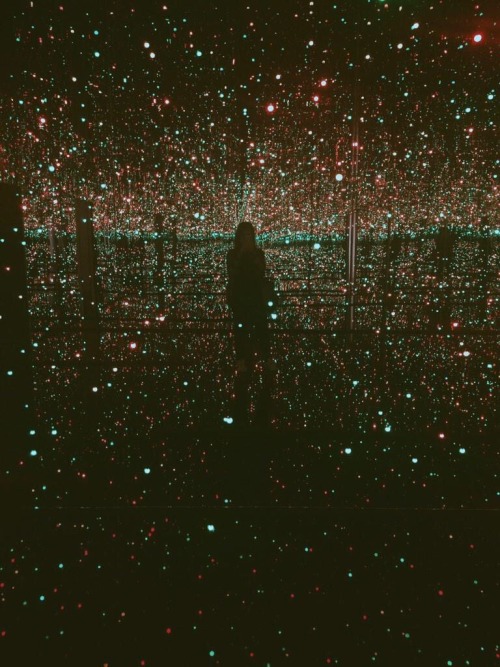I Was So Cool And Fine And Normal About Dairine Callahan At Age Ten (I Was NOT, I Was SO NOT NORMAL,

I was so cool and fine and normal about Dairine Callahan at age ten (I was NOT, I was SO NOT NORMAL, and I have never become normal about her, she is a childhood blorbo and I have been rotating her like a 90’s windows screen saver for twenty-two years)
More Posts from Outofambit and Others

Thank you for sharing this! This is another one of those situations where we are just now seeing the noticeable, dramatic payoff of years and years of quiet, unnoticed environmental work.
“Experts say years of conservation efforts have resulted in some of the healthiest waters in generations, with booming fish populations, clearer ocean waves and more chances to interact with our urban aquarium.”
This quote also really got me:
“‘It never gets old, it’s always thrilling,’ said Celia Ackerman, a naturalist with American Princess Cruises who captured the images. As a child growing up in Brooklyn, Ackerman couldn’t wait to move out of the city so she could study marine animals. 'I would have never imagined I could enjoy them here right in my backyard.’”
so, I’ve taken up tailoring recently. and while I was working on a draping today, I got to thinking about entropy.
(drapings are those things where a tailor takes a blank section of cloth and sculpts a piece of clothing directly onto a model’s body. it ensures a perfect fit. entropy refers to the level of organization in a system. the less organization a system has, the greater its entropy. entropy can only be overcome with energy. it takes effort to organize a system. the natural state of the universe is one of complete entropy, i.e., the lowest energy state possible.)
A piece of broadcloth, before it’s used for a draping, is the cloth in its state of greatest entropy. it’s featureless. uniform. whatever small variations exist between one part of the cloth and another are random and will ease out over time. wrinkles. chalk markings. small snags.
a finished piece of clothing is the cloth at its lowest state of entropy, and by extension, its highest energy state. it is structured and organized. it has many features, all of which interact with each other in a coherent system. seams and darts and buttons and lining all cooperate to give the dress, or whatever it is, a fixed shape and function.
most things are like this. your body. the planet Earth. the Milky Way. they are systems made of organized parts which give them form and function.
(the difference between you and a few buckets of carbon and hydrogen and oxygen and a few other atoms combined into an inert slurry is the entropy of the system.)
but in order for those systems to become organized, they needed energy from an outside source. without energy, everything slides towards entropy. the energy that makes your body possible comes from the food you eat. the energy from your food comes, though a few middlemen like cows or cabbages or whatever, from the Sun. the Sun’s energy comes from the fusion of hydrogen into helium. A hydrogen atom is just a proton: maybe paired with an electron, if it bumps into one. And those component particles were created in the first few wild moments after the Big Bang.
All of the energy in the universe can be traced back to the Big Bang. every organized system owes its life to the Big Bang. we’re just sipping from its cup until we die.
(where did the energy that ignited the Big Bang come from? no one knows. there’s room to see God there, if you’re so inclined.)
but the energy of the Big Bang wasn’t infinite. we are, slowly, using it up. the universe is sinking to a lower and lower energy state, all the time. according to the Second Law of Thermodynamics, the energy of a system can only stay the same or decrease. entropy will win. people refer to this as the heat death of the universe. according to current science, it’s the most likely end point for everything.
so anyway, I got to thinking about this while I was tailoring today.
I spent all day on this project. I put a lot of energy into it. my energy, as mechanical energy, or the physical act of sewing, into the cloth, where it’s now stored as potential energy, which is the energy of positioning. I turned chemical energy (food) into motion and then into shape. each of these transitions is a step down the ladder. a little bit more of our universe’s inheritance, spent.
and I got really sad. that probably sounds ridiculous, right? but I think about this a lot. every time I spend energy, that’s energy the universe can’t get back. a sequin off the Big Bang is now a new dress on my ironing board. was that energy well-spent? should it have gone to something else? it doesn’t matter. it’s gone now. the universe is a little bit closer to death.
then I stopped being sad, and I just felt a deep responsibility to take care of that dress. because, mathematically speaking, there’s nothing superior about organization over entropy. the particles don’t care if they’re in a high or low energy state. your atoms don’t know who you are, and it doesn’t matter to them if you’re you, or a few buckets of slurry. the value of organization is subjective. systems are important because we believe they are. the universe’s life and death only matter if they matter to us.
I like tailoring. my new dress came out well. I’m looking forward to making another one. I’m sorry that someday there won’t be any more new dresses, or anything else.
maybe that’s good enough.

Don’t forget you can preorder all sorts of cool goodies over at store.crossingscon.org! Preorders will be available for pickup at the Con next year. Treat yourself, you’ve earned it!

This Is Big: Scientists Just Found Earth’s First-Cousin
Right now, 500 light years away from Earth, there’s a planet that looks a lot like our own. It is bathed in dim orangeish light, which at high noon is only as bright as the golden hour before sunset back home.
NASA scientists are calling the planet Kepler-186f, and it’s unlike anything they’ve found. The big news: Kepler-186f is the closest relative to the Earth that researchers have discovered.
It’s the first Earth-sized planet in the habitable zone of another star—the sweet spot between too-hot Mercury-like planets and too-cold Neptunes— and it is likely to give scientists their first real opportunity to seek life elsewhere in the universe. “It’s no longer in the realm of science fiction,” said Elisa Quintana, a researcher at the SETI Institute.
But if there is indeed life on Kepler-186f, it may not look like what we have here. Given the redder wavelengths of light on the planet, vegetation there would sprout in hues of yellow and orange instead of green.
Read more. [Image: NASA Ames/SETI Institute/JPL-Caltech]

Cosmic Dance: Creation of Supermassive Black Holes
Evolution of two equal sized galaxies colliding and forming a massive cloud of gas that will collapse into black hole.
Credit: Ohio State University
-
 mercifulmother reblogged this · 1 month ago
mercifulmother reblogged this · 1 month ago -
 chakatsilver reblogged this · 1 month ago
chakatsilver reblogged this · 1 month ago -
 chakatsilver liked this · 1 month ago
chakatsilver liked this · 1 month ago -
 nezjazz reblogged this · 4 months ago
nezjazz reblogged this · 4 months ago -
 dreebeemee reblogged this · 4 months ago
dreebeemee reblogged this · 4 months ago -
 dreebeemee liked this · 4 months ago
dreebeemee liked this · 4 months ago -
 toooldfortumbling liked this · 6 months ago
toooldfortumbling liked this · 6 months ago -
 thelightsabovearbies liked this · 6 months ago
thelightsabovearbies liked this · 6 months ago -
 rabbit-harpist reblogged this · 7 months ago
rabbit-harpist reblogged this · 7 months ago -
 needlesandnilbogs liked this · 7 months ago
needlesandnilbogs liked this · 7 months ago -
 newtsoftheworldunite reblogged this · 7 months ago
newtsoftheworldunite reblogged this · 7 months ago -
 toastymeister liked this · 8 months ago
toastymeister liked this · 8 months ago -
 andwereallwevegot liked this · 8 months ago
andwereallwevegot liked this · 8 months ago -
 melyzard liked this · 9 months ago
melyzard liked this · 9 months ago -
 thelonebookman liked this · 9 months ago
thelonebookman liked this · 9 months ago -
 elusivemellifluence reblogged this · 9 months ago
elusivemellifluence reblogged this · 9 months ago -
 dragonheart905 liked this · 9 months ago
dragonheart905 liked this · 9 months ago -
 solidgesso reblogged this · 9 months ago
solidgesso reblogged this · 9 months ago -
 necer0s reblogged this · 9 months ago
necer0s reblogged this · 9 months ago -
 necer0s liked this · 9 months ago
necer0s liked this · 9 months ago -
 aethersea reblogged this · 9 months ago
aethersea reblogged this · 9 months ago -
 wickedgodmother liked this · 10 months ago
wickedgodmother liked this · 10 months ago -
 musicalwayfarer reblogged this · 10 months ago
musicalwayfarer reblogged this · 10 months ago -
 myosotis-alpestris liked this · 10 months ago
myosotis-alpestris liked this · 10 months ago -
 morhath reblogged this · 10 months ago
morhath reblogged this · 10 months ago -
 celebrindae liked this · 10 months ago
celebrindae liked this · 10 months ago -
 shinycopperpenny reblogged this · 10 months ago
shinycopperpenny reblogged this · 10 months ago -
 animatedamerican liked this · 10 months ago
animatedamerican liked this · 10 months ago -
 zwordsman reblogged this · 10 months ago
zwordsman reblogged this · 10 months ago -
 jennayra reblogged this · 10 months ago
jennayra reblogged this · 10 months ago -
 morcai reblogged this · 10 months ago
morcai reblogged this · 10 months ago -
 forevermagik reblogged this · 10 months ago
forevermagik reblogged this · 10 months ago -
 themis-cattails liked this · 10 months ago
themis-cattails liked this · 10 months ago -
 tari-elenion reblogged this · 10 months ago
tari-elenion reblogged this · 10 months ago -
 icarillon reblogged this · 11 months ago
icarillon reblogged this · 11 months ago -
 toitaliclygo reblogged this · 11 months ago
toitaliclygo reblogged this · 11 months ago -
 toitaliclygo liked this · 11 months ago
toitaliclygo liked this · 11 months ago -
 daughterofstorms reblogged this · 11 months ago
daughterofstorms reblogged this · 11 months ago -
 commonjourney reblogged this · 11 months ago
commonjourney reblogged this · 11 months ago -
 nentuaby reblogged this · 11 months ago
nentuaby reblogged this · 11 months ago -
 dubiousculturalartifact liked this · 11 months ago
dubiousculturalartifact liked this · 11 months ago -
 hier-und-dar reblogged this · 11 months ago
hier-und-dar reblogged this · 11 months ago -
 thewordscomealive reblogged this · 11 months ago
thewordscomealive reblogged this · 11 months ago -
 thewordscomealive liked this · 11 months ago
thewordscomealive liked this · 11 months ago -
 sunkentowers reblogged this · 11 months ago
sunkentowers reblogged this · 11 months ago -
 toreblogallthethings liked this · 11 months ago
toreblogallthethings liked this · 11 months ago -
 asphodel-e liked this · 11 months ago
asphodel-e liked this · 11 months ago -
 theladymorning liked this · 11 months ago
theladymorning liked this · 11 months ago -
 tarred-and-sweatered liked this · 11 months ago
tarred-and-sweatered liked this · 11 months ago -
 nentuaby liked this · 11 months ago
nentuaby liked this · 11 months ago
A personal temporospatial claudication for Young Wizards fandom-related posts and general space nonsense.
288 posts






